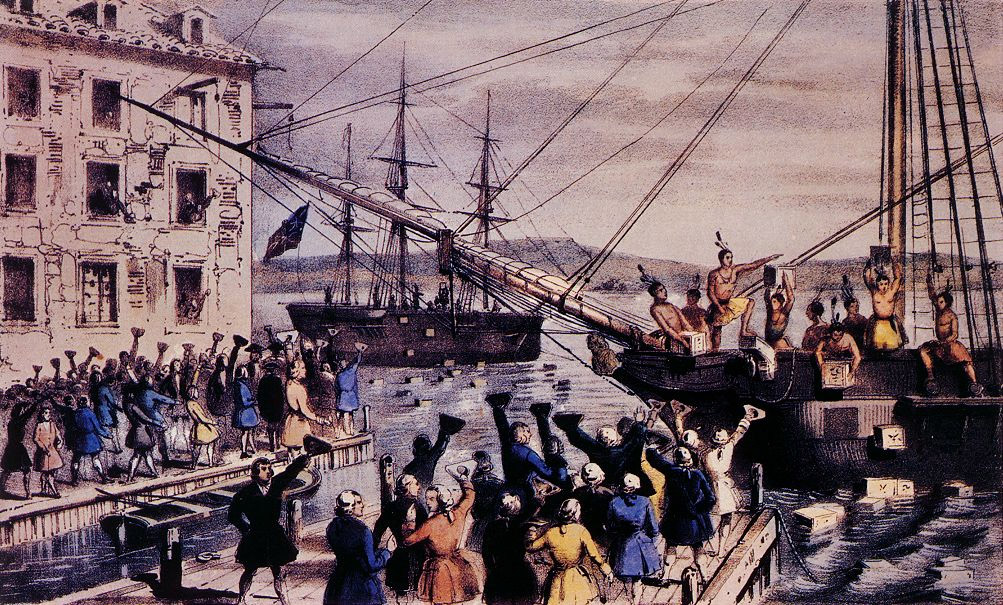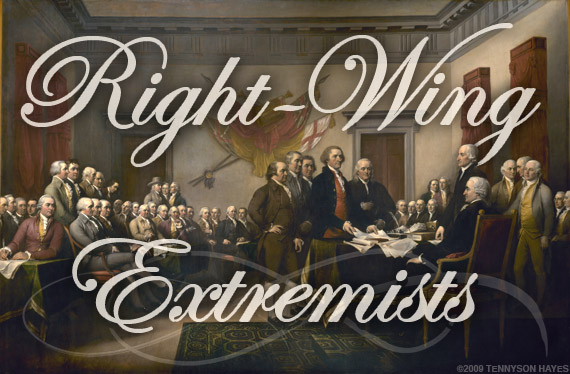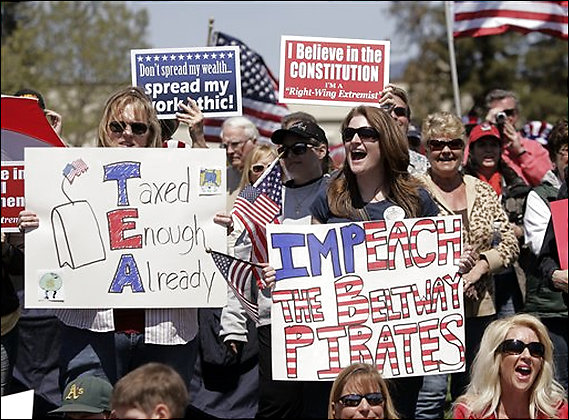Parliament has recently begun to audit the East Anglia Climate Research Unit for the emails that were sent out last November. Something the US needs to with all of their Climate research units. The EPA, who has reported they made drastic claims to get action to be taken.
Here is a memo sent to Parliament blasting the Science of Global Warming:
What are the implications of the disclosures for the integrity of scientific research?
1. The Institute is concerned that, unless the disclosed e-mails are proved to be forgeries or adaptations, worrying implications arise for the integrity of scientific research in this field and for the credibility of the scientific method as practised in this context.
2. The CRU e-mails as published on the internet provide prima facie evidence of determined and co-ordinated refusals to comply with honourable scientific traditions and freedom of information law. The principle that scientists should be willing to expose their ideas and results to independent testing and replication by others, which requires the open exchange of data, procedures and materials, is vital. The lack of compliance has been confirmed by the findings of the Information Commissioner. This extends well beyond the CRU itself – most of the e-mails were exchanged with researchers in a number of other international institutions who are also involved in the formulation of the IPCC’s conclusions on climate change.
4. The second category relating to proxy reconstructions are the basis for the conclusion that 20th century warming is unprecedented. Published reconstructions may represent only a part of the raw data available and may be sensitive to the choices made and the statistical techniques used. Different choices, omissions or statistical processes may lead to different conclusions. This possibility was evidently the reason behind some of the (rejected) requests for further information.
5. The e-mails reveal doubts as to the reliability of some of the reconstructions and raise questions as to the way in which they have been represented; for example, the apparent suppression, in graphics widely used by the IPCC, of proxy results for recent decades that do not agree with contemporary instrumental temperature measurements.
Are the terms of reference and scope of the Independent Review announced on 3 December 2009 by UEA adequate?
10. The scope of the UEA review is, not inappropriately, restricted to the allegations of scientific malpractice and evasion of the Freedom of Information Act at the CRU. However, most of the e-mails were exchanged with researchers in a number of other leading institutions involved in the formulation of the IPCC’s conclusions on climate change. In so far as those scientists were complicit in the alleged scientific malpractices, there is need for a wider inquiry into the integrity of the scientific process in this field.
11. The first of the review’s terms of reference is limited to: “…manipulation or suppression of data which is at odds with acceptable scientific practice…” The term ‘acceptable’ is not defined and might better be replaced with ‘objective’.
12. The second of the review’s terms of reference should extend beyond reviewing the CRU’s policies and practices to whether these have been breached by individuals, particularly in respect of other kinds of departure from objective scientific practice, for example, manipulation of the publication and peer review system or allowing pre-formed conclusions to override scientific objectivity.
Subscribe to:
Post Comments (Atom)



















No comments:
Post a Comment